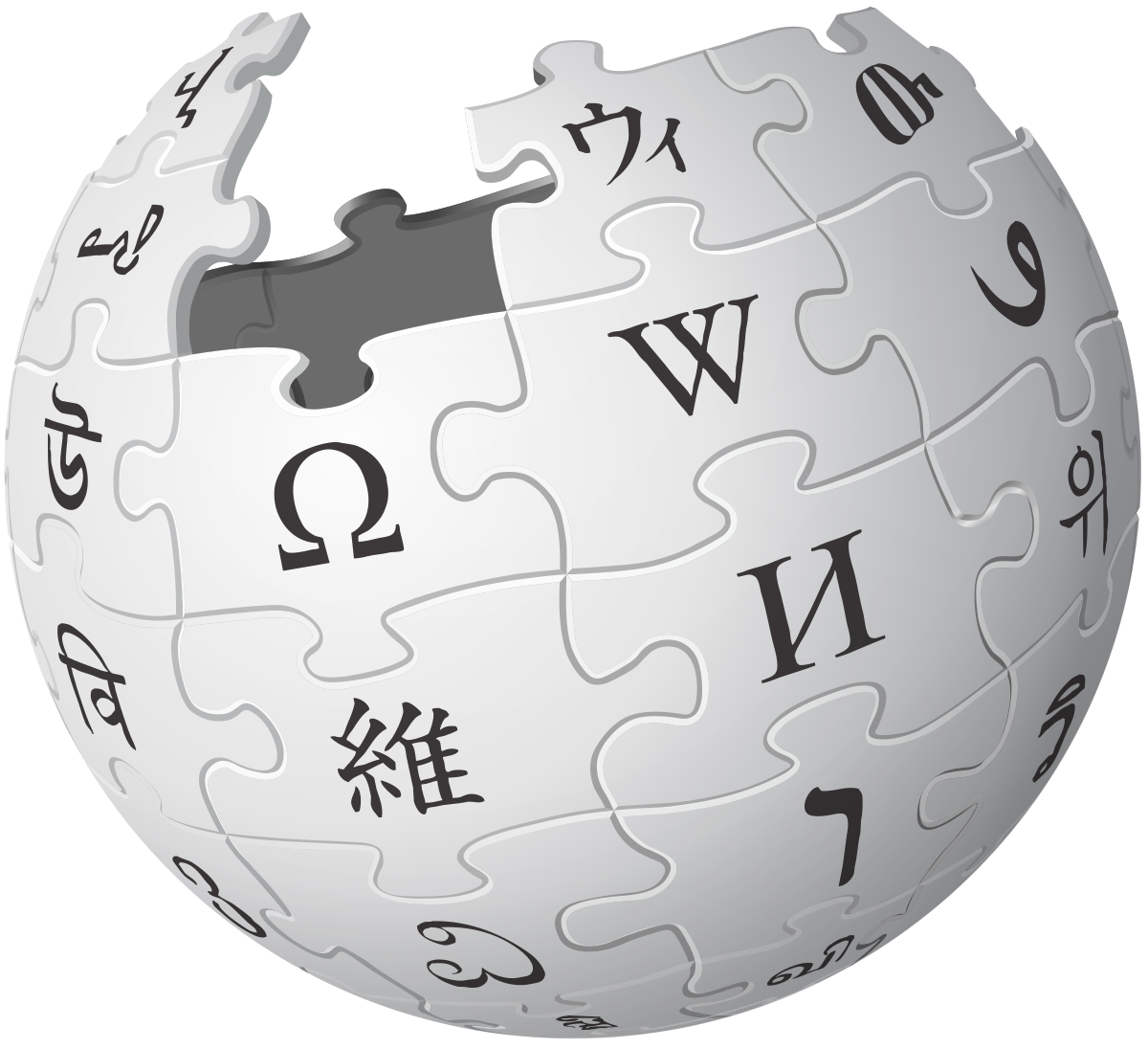Wikipedia Is a Credible Source

by Noah Corman ’18
There have been countless times where the databases or links that come with an assignment simply do not provide enough information. Although prohibited by most teachers, Wikipedia really is a credible source. The school has excellent databases, but sometimes nothing compares to Wikipedia. On controversial issues, it does have its downsides because opinionated people constantly change the information. Some people even write in false information for fun. However, on less controversial topics, such as the rise and fall of the Byzantine Empire, Wikipedia is often similarly reliable and more convenient than most of the school’s database sources.
Wikipedia is also like any other website in that the student must decide for themselves whether the source is reliable and worth using. Articles do not have to go through any kind of rigorous admissions process to make it into the databases which leaves room for bias. Even if such a process occurred, there is still no guarantee that the inspected articles will be free of bias. Because of this, the student is already expected to decide for themselves whether or not something is biased.
The same bias-identifying principle should extend to Wikipedia, especially since each webpage is different. The page regarding the Civil War may have some biases because it was and even is still such a contentious issue. However, the webpage about photosynthesis is just factual information about a process, so there is little room for opinions.
Multiple studies, including one by Forbes.com, have confirmed that Wikipedia is as reliable as the undoubtedly credible Encyclopedia Britannica. The studies have that shown that these sources have equal amounts of political bias, something assumed to be only a weakness of Wikipedia. Another study, this time by livescience.com, asked Adam Riess, a professor of astronomy and physics at John Hopkins, to look at Wikipedia’s “dark energy” page. He found it to be “remarkably accurate” with the article being about 95 percent correct.
The livescience.com study goes on to say that Wikipedia has far more entries. While it has information on topics such as modern bands, Encyclopedia Britannica comes up empty. Not only does Wikipedia have the upper hand with regards to lesser known topics, it can even hold its own when it comes to more complex scientific subjects.